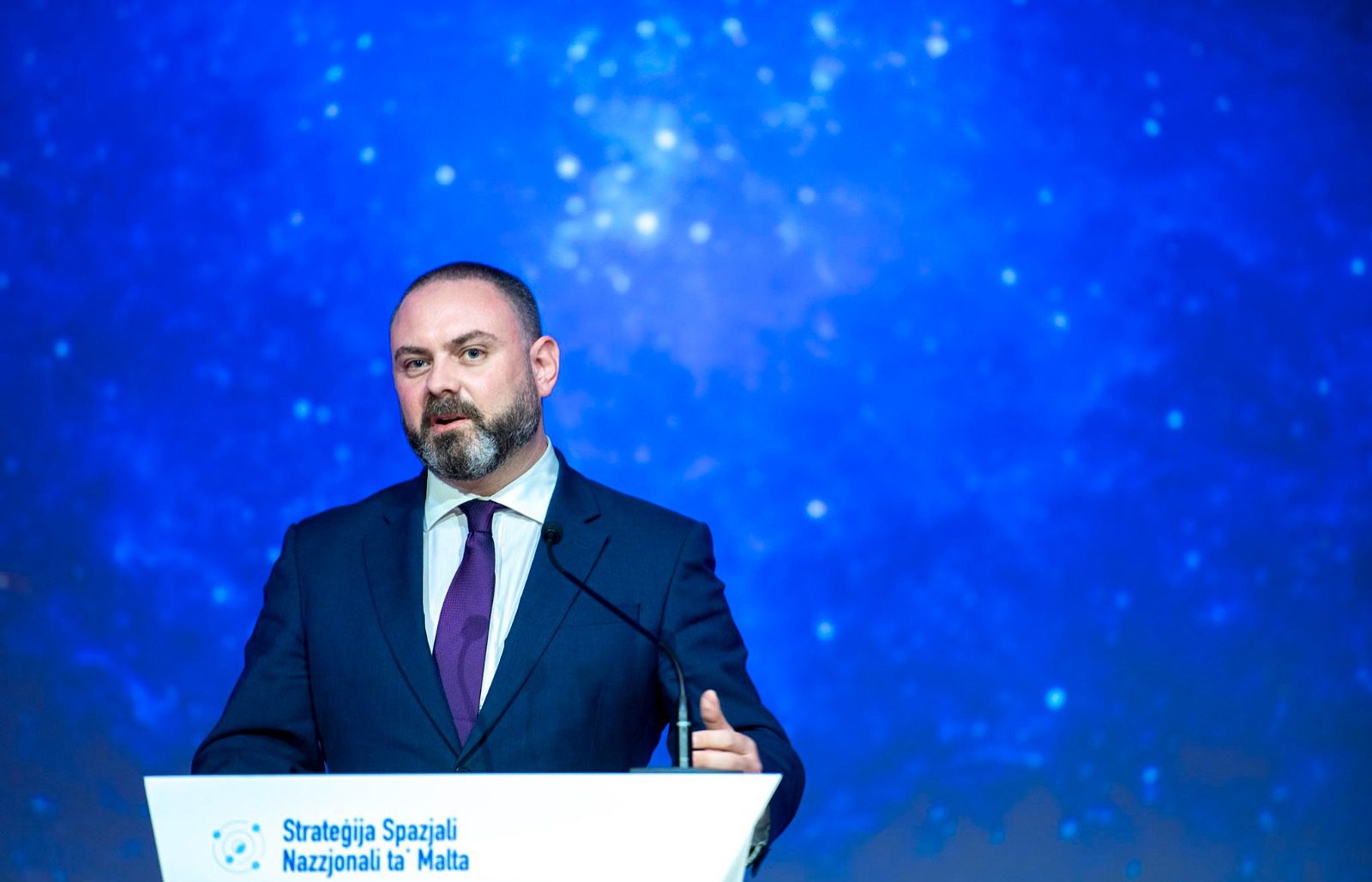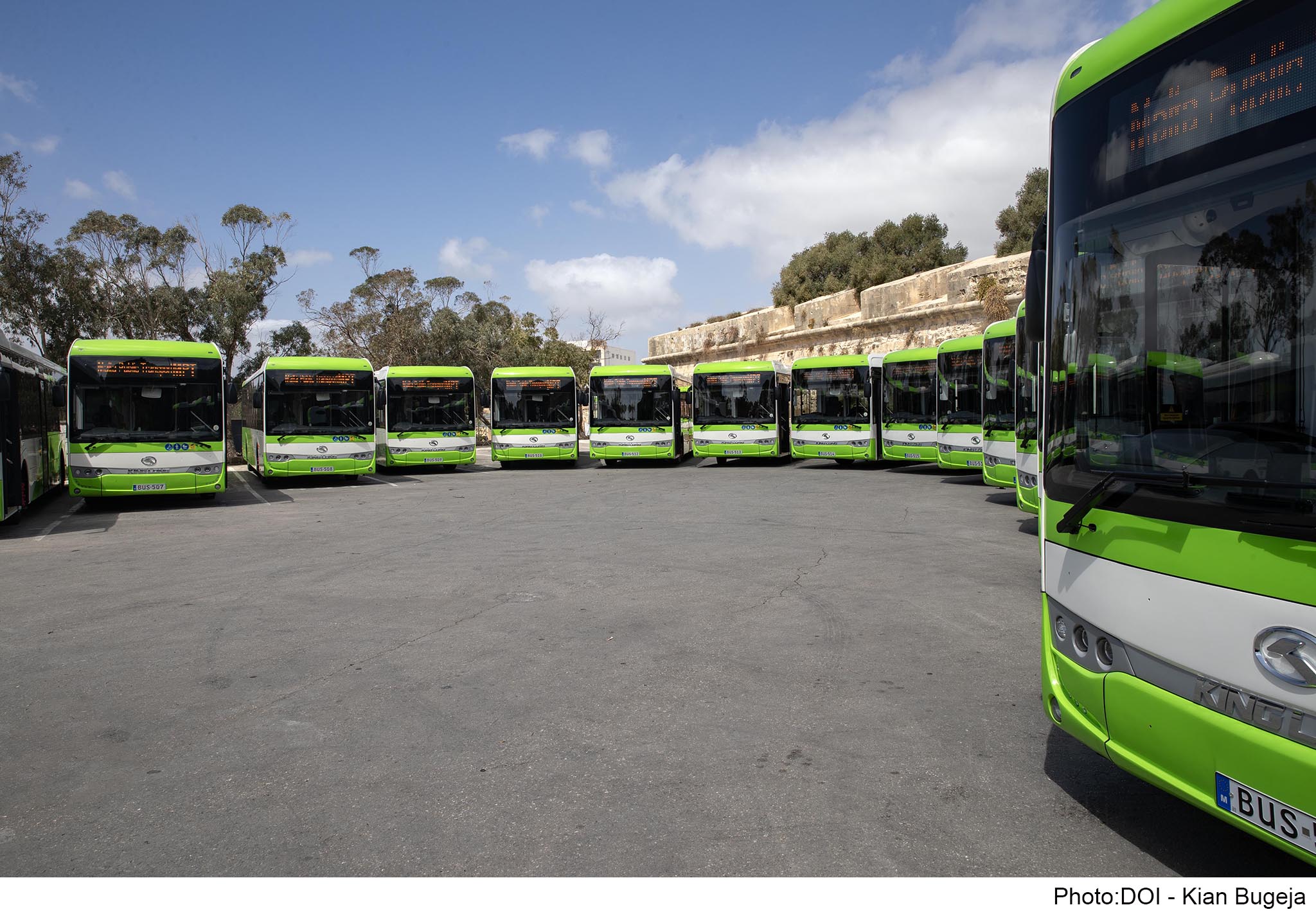The Government has opened Malta’s national space strategy, which will inform its plans to make the space industry one of the country’s economic niches, for public consultation.
Speaking at a press conference on Friday, the space task’s force chairman, Omar Cutajar, sought to dismiss fantastical notions that Malta would be launching rockets into space.
Instead, he said, the strategy was very much grounded in reality and involved assessment exercises to determine the viability of investing in the sector.
This included setting up a framework to provide legal and financial for aerospace companies, and also looking at opening a hub to attract these companies to operate from Malta.
The strategy outlines 13 goals, divided into five principal themes: achieving sustainable economic growth through space activities; supporting the research community; developing human capital; enhancing societal wellbeing, and improving the regulatory and legislative framework associated with the industry.
Among the strategy’s objectives are the fostering of a stronger relationship with the European Space Agency (ESA), supporting space innovation start-ups, identifying education and training opportunities to meet industry needs and focusing on space-derived data to fuel innovation.
Mr Cutajar added that when looking at investment initiatives, the strategy would be exploring the possibility of collaboration between industry and the research community, as well as the public sector, in space activities.
Innovation Minister Owen Bonnici explained how, over the last two years, the Ministry together with a number of experts and the Malta Council for Science and Technology (MCST) had been working hard to develop the strategy that is being presented to the public for consultation.
“Malta is looking forward to participating in the space sector, not only because of the sector’s ability to foster interest in science, but also because research and innovation in the space sector help to further improve our quality of life. Concrete examples of solutions that stemmed from space research and that we use on a daily basis in our lives include weather forecasting and the use of navigation systems to find the best route to our destination,” Dr Bonnici said.
MCST Executive Chairman Jeffery Pullicino Orlando spoke about the importance of the relationship that the Council has managed to build over the last nine years with the ESA.
“Thus we will continue to promote Malta at an international level, while improving the visibility of the sector,” he said.
Featured Image:
Innovation Minister Owen Bonnici / DOI Photo
Unpacking Malta’s new American-style bankruptcy framework
The EU is reforming its insolvency rules to adopt some of the most beneficial elements of the US framework
More than half of all workplace deaths in last two years involved construction
No women died on the job in 2022 and 2023
Government shells out close to €70 million to national bus operator Malta Public Transport in 2023
Buses became free for residents in late 2022, leading to a hefty increase in the public subsidy






